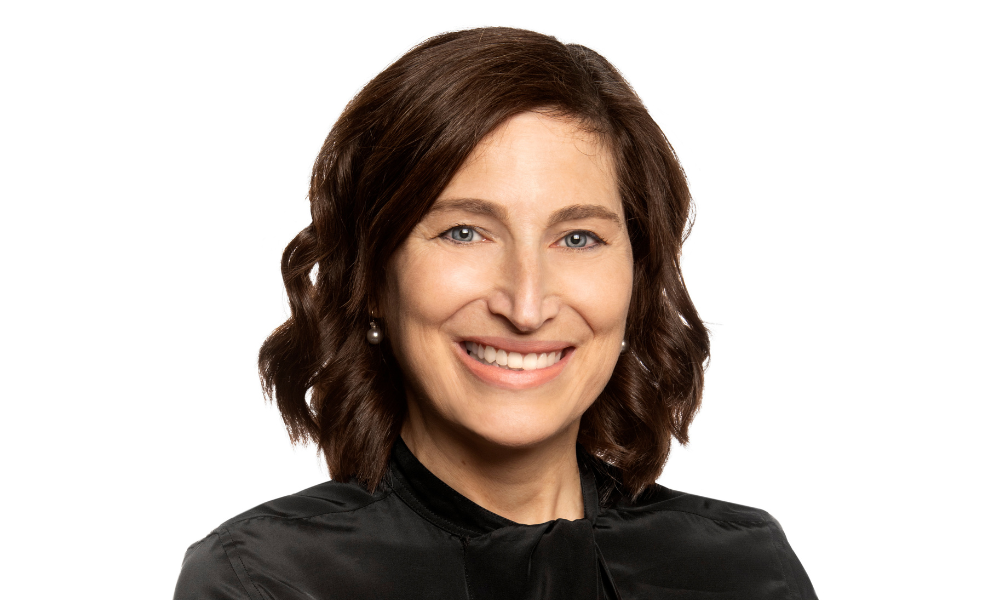Becoming a media lawyer in Canada starts with knowing the scope of this legal practice area and the responsibilities of lawyers in this field. This will help you strategize what niche in media law you are more inclined to take, and if this kind of job really is for you.
In this article, get an overview of what a media lawyer does. Find out what areas of law they should be familiar with. If this field of law interests you, we’ll also go over the steps on how to become a media lawyer.
What are the roles of a media lawyer?
A media lawyer deals with diverse legal issues in broadcasting, publishing, and the internet. They are also associated with entertainment lawyers, because most of their clients would involve persons and businesses engaged in the entertainment industry. They’re also involved in cases on the restriction of one’s freedom of expression, since the media has largely evolved as a means of conveying information.
Recent Articles
Media lawyers carry a lot of work for their clients, both in and out of the courtroom, such as:
- advising clients on how to comply with the various media law in Canada
- representing clients before the court or any administrative agency
- assisting clients with their business and commercial transactions
Media lawyers work in law firms, where media and entertainment law are areas of expertise. They can also work for private companies whose business is related to broadcasting, publishing, the online market, or the media and entertainment industry.
Watch this video as a brief overview of how you can help your clients as a future media and entertainment lawyer:
Want to know more about what it takes to become a media lawyer in Canada? If you’re from Vancouver, get in touch with a Lexpert-ranked best entertainment lawyer in British Columbia.
What are the steps to become a media lawyer?
Becoming a media lawyer in Canada starts with taking the required undergraduate degree, so that you’ll be accepted for admission to a law school. All law schools require an undergrad degree, but guidelines vary on whether they would accept a three- or a four-year degree.
After obtaining your undergraduate degree, you can apply to a law school. You’ll need to submit other requirements, such as:
- your Law School Admission Test (LSAT) score/s
- your transcript to see if you meet the minimum GPA, if required
- your personal statement, curriculum vitae (CV), and other documents
If you’re inclined to specialize in media law, you have a lot of options to help you with this dream, starting from your undergraduate studies. Here are some suggestions that you can think about for your journey in becoming a media lawyer:
- take up an undergraduate degree related to media law
- join student organizations focused on media and communications
- intern with law firms or lawyers who handle cases concerning Canadian media law
Who are the clients of media lawyers?
Whether it’s for litigation or any of the methods of alternative dispute resolution, a media lawyer is of great help for their clients. These clients can come from both government and private entities. Some examples of a media lawyer’s clients would include:
- media companies: TV and radio companies, publications, internet service providers, and digital media companies
- personalities within these companies: journalists, producers, distributors, celebrities, musicians, and other media practitioners
What are the laws that media lawyers are experts of?
If you want to become a media lawyer someday, it’s important that you have a good grasp of the Canadian laws governing the media and other related statutes. It’s a broad legal practice area, which comes with a lot of opportunities for specialization when you become a media lawyer someday.
Here are some of the areas which media lawyers can work on:
- broadcasting and publishing laws
- intellectual property (IP) rights in the media
- defamation and libel cases
- rights related to privacy and personal information
- contract negotiations and drafting
- regulatory compliance
These are briefly discussed below; if you’re interested to learn more, you can also reach out to a Canadian media and entertainment lawyer.
Broadcasting and publishing laws
Activities of broadcasters and publishers are somehow restricted by law. This ensures that everyone’s rights are protected while still maintaining their freedom of expression and speech. Relevant laws for these are:
- Canadian Charter of Rights and Freedoms
- Criminal Code
- Human rights laws at the federal, provincial and territorial levels
IP rights in the media
Enforcing one’s IP rights is highly relevant with our media nowadays, as it’s now related to modern technology and the internet. First, media lawyers can help clients register their IPs. Next, they can help in the contractual monetizing of these IPs. Lastly, if their clients’ IP rights are violated, media lawyers can help prosecute these offenders in court.
Defamation cases
Applying the law on torts, a media lawyer can check if there really is an offense of defamation that was committed, whether their client is the plaintiff or the defendant. If there is, setting up their arguments and representing their client in court is one of the roles of a media lawyer.
Rights related to privacy and personal information
Recent statutes were enacted that enhance our right to privacy and protect our personal information. These laws include:
- Personal Information Protection and Electronic Documents Act (PIPEDA)
- Canada Anti-Spam Legislation (CASL)
If their clients are covered by these laws, a media lawyer helps them comply. Those whose rights have been violated can also come to a media lawyer for legal aid.
Everything contract-related
Media lawyers are involved in drafting and negotiating contracts for their clients. When there’s a breach of contract in the entertainment industry, media lawyers also step up to take their client’s case to court, aside from resorting to other legal remedies. These contracts can be between talents and artists, creators and distributors, among others.
Regulatory compliance
The main regulator of media law in the country is the Canadian Radio-Television and Telecommunications Commission (CRTC). As such, dealing with the CRTC is one of strongest suits of media lawyers. Their duties include:
- applying with the CRTC for broadcasting licenses
- dealing with consumer complaints
- complying CRTC’s numerous regulations
Do you want to become a media lawyer someday? Be inspired by the work of the top media lawyers by checking our page of the best entertainment lawyers in Canada as ranked by Lexpert.





